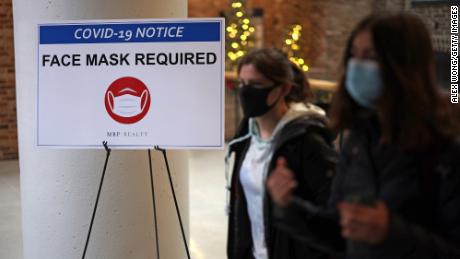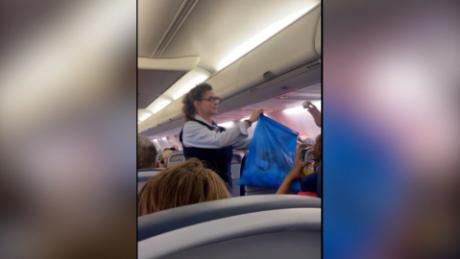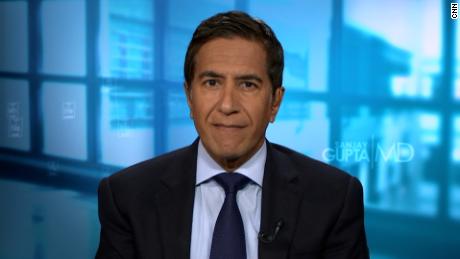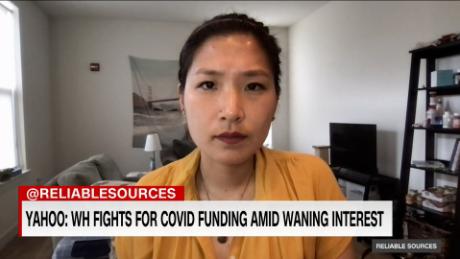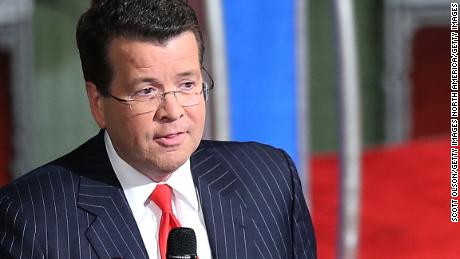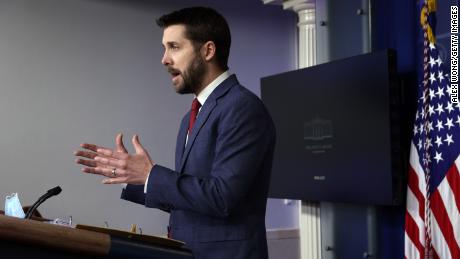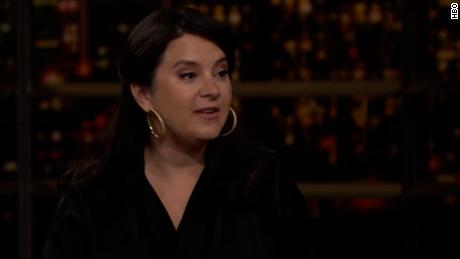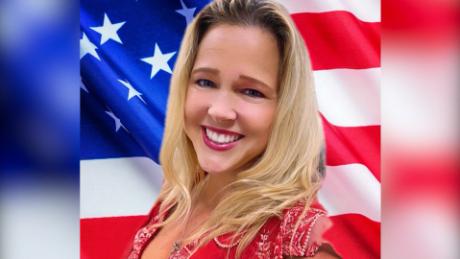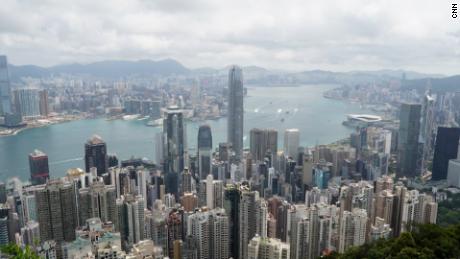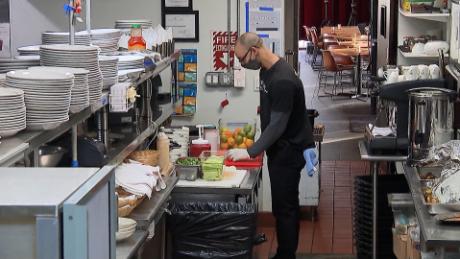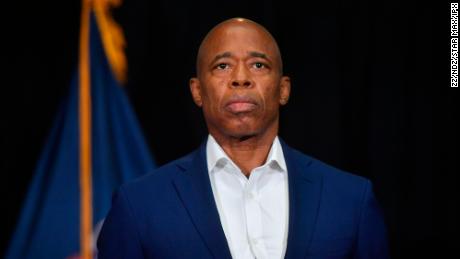Christine Romans is chief business correspondent for CNN. The opinions expressed in this commentary are her own.
In a public health crisis that demands facts, leadership and gravitas, President Donald Trump riffs -- and he tweets.
And it doesn't help market sentiment.
"The botched policy response by the administration is adding to investor concerns," says Mark Zandi, chief economist at Moody's Analytics. "The administration's first response was Pollyannaish, asking for only a few billion of dollars to address the emergency and (encouraging Americans) to buy stocks on the dip."
Indeed, on February 24, as stocks wobbled, the president declared via Twitter: "CDC & World Health have been working hard and very smart. Stock Market starting to look very good to me!"
Two weeks ago, his chief economic adviser Larry Kudlow suggested three separate times in news interviews that long-term investors buy on the dip. Those investors would have lost money.
Now, the US response to the virus has shifted from containment to mitigation.
Zandi says the defensive and unrealistic response wasted time.
"They now appear to realize recession is likely and have begun to talk about fiscal stimulus. They are too late to forestall a recession, but if they act aggressively they could cushion the blow for the downturn."
Ian Bremmer, president and founder of Eurasia Group, agreed that the US response has only recently emerged.
"This was the week the United States started taking it seriously, with Congress approving $8.3 billion in emergency funding for containment, coronavirus research and international aid (more than three times the amount initially requested by President Trump), and the Trump administration prioritizing the production and distribution of over one million coronavirus tests."
In a crisis that for once he didn't make, the president is relying on a classic Trump playbook.
Deny the facts, shift the blame, distract.
He has alternately said the virus was contained, that he successfully closed the borders and kept it out and that a vaccine was near.
He insisted that a testing kit is available to anyone who wants it. (It is not.)
He has contradicted his public health officials more than once: On when a vaccine could be ready and on whether the regular flu vaccine works on the new virus (it does not, to his surprise).
On Fox News a little more than a week ago, Trump disputed World Health Organization statistics, relying instead on his "hunch."
And he has expressed surprise at the common knowledge that people die every year from the flu.
"I never heard those numbers. I would've been shocked. I would've said, 'Does anybody die from the flu? I didn't know people died from the flu,'" he said Friday at the Centers for Disease Control.
After professing ignorance at something anyone who has ever had a flu shot knows, he called himself "a natural" at epidemiological research because his uncle was a "super-genius" who taught at MIT.
As stocks cratered this morning, triggering circuit breakers to pause the selling, the president again invoked the seasonal flu to downplay the virus and attack the media.
The split screen for investors is dramatic. A president downplaying the crisis versus industries, like airlines, reeling and economists begging for more targeted stimulus.
Greg Valliere, chief US strategist for AGF Investments, says Congress will need to consider temporary tax breaks for workers, bridge loans for business and a potential airline bailout.
"The best hope for the economy is that a massive refinancing boom is imminent, along with a dramatic plunge in gasoline prices. That would be a de facto tax cut, putting money in peoples' pockets, perhaps stimulating an economic turnaround by summer," Valliere says.
In the meantime, tone and consistency matter.
"It's a long way between now and summer, and the country needs a wartime president, unafraid to call for sacrifice -- and, perhaps, prayer," Valliere said.



